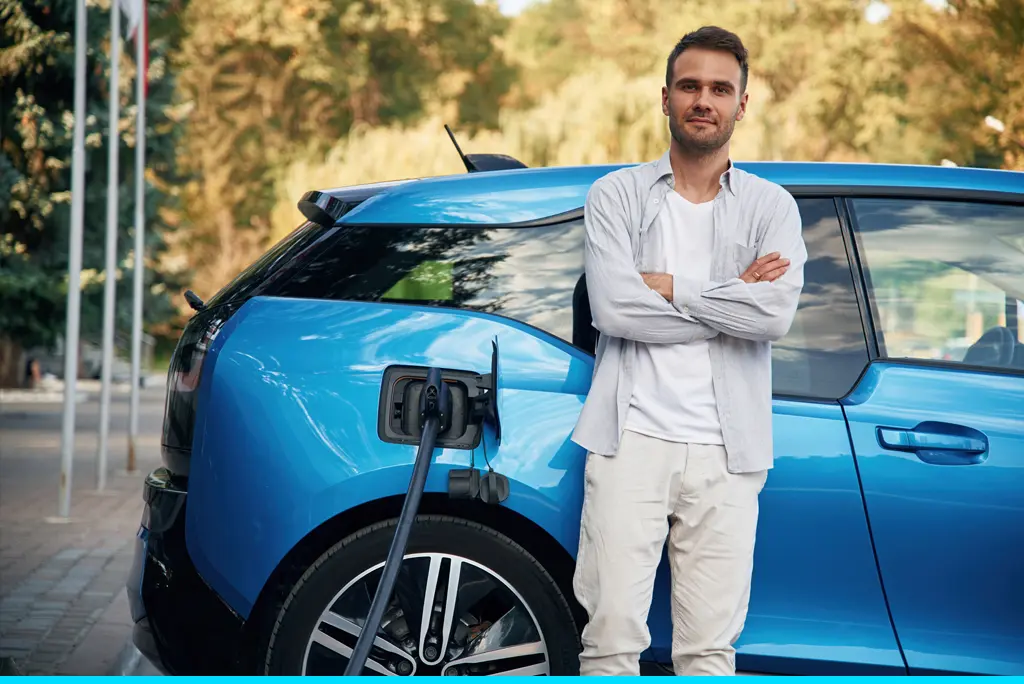The pros and cons of car salary sacrifice
Demand for car salary sacrifice is growing as an increasing number of companies offer the benefit to their employees. According to data from the British Vehicle Rental and Leasing Association, the salary sacrifice car fleet has risen 68% in a year to nearly 62,000 cars. Many companies have launched salary sacrifice in addition to their … Continued

